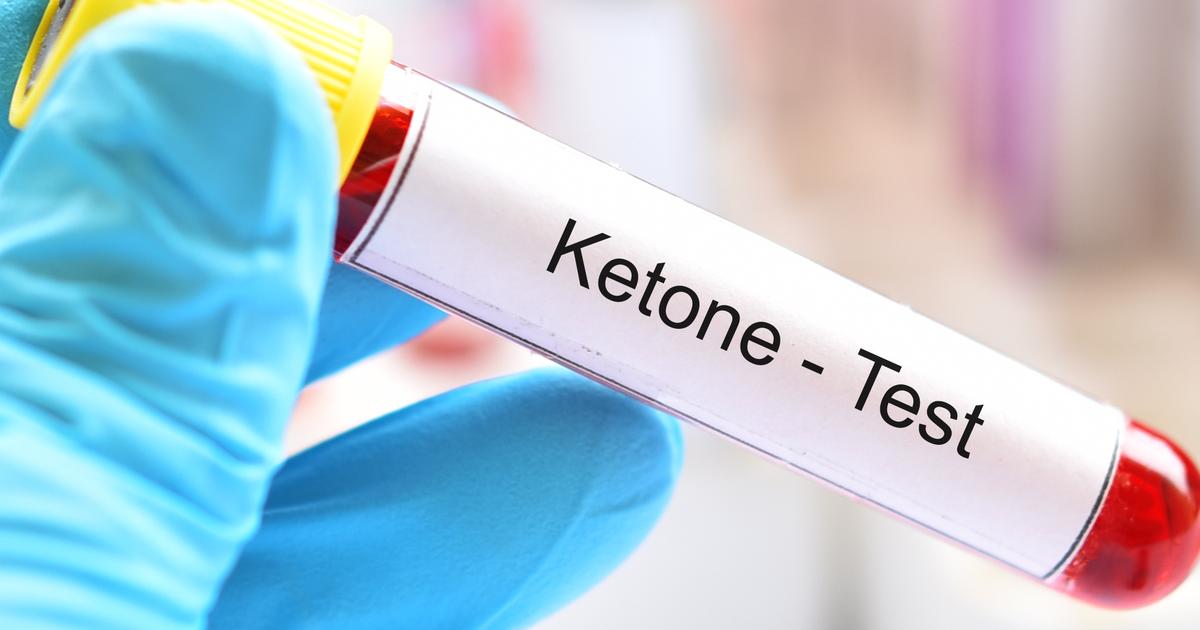Are Low-Carb Diets Healthy For You?
Low-Carb & Weight Loss

The science between low-carb and weight loss explains why some people are willing to brave the health risks of low-carb diets. Any type of weight loss is essentially just caused by burning more calories in a day than you consume. There are plenty of ways to achieve this goal, but a low-carb diet is one of the simplest. Many individuals on a low-carb diet don't even bother to count calories, as instead of counting calories, they simply do not ingest any carbs, making this diet very convenient and easy to stick to. Low-carb diets can also help you lose weight due to the amount of proteins and fats you consume. The body gauges satiety based on fat intake, so eating a higher percentage of fat makes you feel full quicker. Protein takes a while to digest, so it provides you with energy for hours, which keeps you from craving snacks and eating less overall.
Low-Carb Leads To Ketosis

If you heavily restrict your carbohydrate intake to less than twenty grams per day, you will be putting your body into a state known as ketosis. Ketosis is a metabolic process where your body burns fat for fuel instead of carbs, resulting in weight loss and muscle gain. Many people like the fact that low-carb leads to ketosis because they can use it to burn accumulated fat. The only problem with normal ketosis is that it can make your breath smell unpleasant. Also, an excessive buildup of ketones can cause problems within your body.
In extremely unusual cases, a person can experience ketoacidosis, a potentially fatal condition, which typically only occurs among people with diabetes who are eating almost no carbs at all. The symptoms of ketoacidosis include extreme thirst, dehydration, vomiting, fruity-smelling breath, and mental confusion. Ketoacidosis might sound scary, but keep in mind that this is a rare side effect that generally only affects people with diabetes. A normal low-carb diet will not cause this condition.
